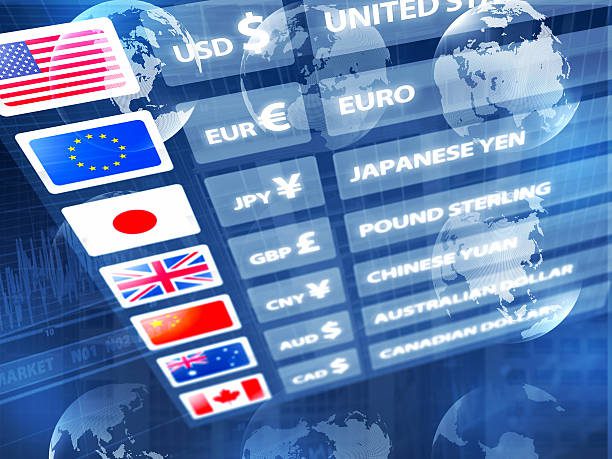How do Conversion Rates Work?

Conversion, or Exchange rates between countries refer to the exchange rate at which one country’s currency can be converted into another country’s currency. These rates determine the relative value of different currencies and play a crucial role in international trade, investment, and financial transactions.
Here’s an overview of how conversion rates between countries work:
1. Foreign Exchange Market
Currency conversion rates are determined in the foreign exchange market, which is a decentralized global marketplace where currencies are bought and sold. The foreign exchange market operates 24 hours a day, five days a week, and involves various participants, including banks, financial institutions, corporations, governments, and individual traders.
2. Supply and Demand
Conversion rates are primarily driven by the forces of supply and demand for different currencies. When there is high demand for a particular currency, its value appreciates, leading to a higher conversion rate. Conversely, if there is less demand or increased supply of a currency, its value depreciates, resulting in a lower conversion rate.
3. Factors Influencing Conversion Rates
Several factors influence currency conversion rates:
- Interest Rates: Higher interest rates in a country can attract foreign investors, increasing the demand for its currency and potentially strengthening its value.
- Economic Factors: Economic indicators such as GDP growth, inflation, employment rates, trade balances, and fiscal policies impact currency conversion rates. Strong economic performance typically leads to a stronger currency.
- Political Stability: Countries with stable political environments and well-functioning institutions generally have more stable currencies, which can impact conversion rates.
- Market Sentiment and Speculation: Market sentiment and speculative trading can influence currency demand and, consequently, conversion rates. News, geopolitical events, and investor sentiment can all play a role in currency fluctuations.
4. Exchange Rate Systems
Countries may adopt different exchange rate systems that determine how their currencies are valued in the foreign exchange market. The two primary exchange rate systems are:
- Floating Exchange Rates: In this system, currency values fluctuate freely based on market forces of supply and demand. The conversion rates are determined by the foreign exchange market participants and can change constantly.
- Fixed Exchange Rates: In a fixed exchange rate system, a country’s central bank or monetary authority pegs its currency to another currency or a basket of currencies. The conversion rate remains fixed and is typically adjusted periodically by the central bank to maintain stability.
5. Currency Conversion Process
To convert one currency into another, individuals or businesses typically engage in foreign exchange transactions. This can be done through banks, currency exchange services, or online platforms. The conversion rates offered by these entities include a spread or commission to cover their operating costs and generate a profit.
6. Cross Rates
Cross rates come into play when converting between two currencies that are not the base currency of a particular country. For example, if you want to convert Canadian dollars to British pounds, but you are in the United States, you would need to convert Canadian dollars to U.S. dollars first and then convert U.S. dollars to British pounds. The exchange rates for these two conversions are known as cross rates.
It’s important to note that currency conversion rates can fluctuate frequently due to various economic and market factors. Small changes in conversion rates can have significant implications for international trade, investment returns, and travel expenses. It is advisable to stay informed about exchange rates, consult financial institutions or currency experts, and consider the potential risks and costs associated with currency conversion when engaging in cross-border transactions.
For more information on funding for your business, contact us:
https://franchisefundingsolutions.com/contact/
